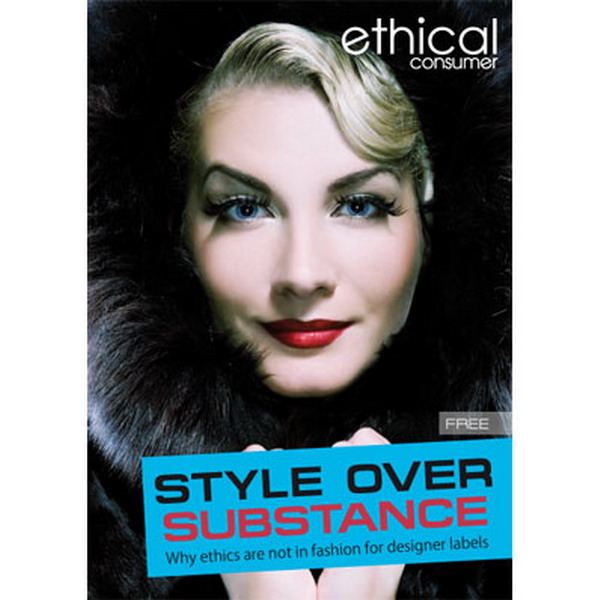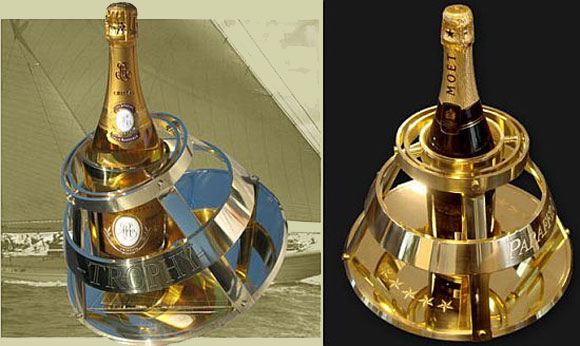Corporate Social Responsibility is a big deal in the modern world. In the fashion industry, most high-street brands like Primark and H&M have in place a working CSR policy. However, the same rule does not hold for designer brands. One would ordinarily think that luxury fashion brands, given their huge profit margins, would have greater opportunity to put CSR initiatives in places. Sadly, that has not been the case. Part of the reason can be attributed to the fact that most campaigns target high-street brands, but neglect the designer segment. As a result, designer brands largely go scot-free.
Ethical Consumer, the leading alternative consumer organization in the United Kingdom recently published a report entitled “Style over Substance” by Byrony Moore. The study focuses on 15 designer fashion brands, investigating the CSR initiatives (or the lack thereof) that they have in place. The report was launched in time for the London Fashion Week in a bid to raise awareness about how designer brands are avoiding CSR. The article clearly states its objective: “We are calling for the luxury sector to take responsibility and start reporting on its social and environmental impacts.” Armani, Vivienne Westwood, Burberry, Calvin Klein and various other brands have been brought into the ambit of this study.
The study seeks to dispel several commonly-held myths about the luxury sector. Largely it is believed that because luxury fashion brands boast of hand-crafted quality products (and charge exorbitant prices for the same), the sweatshop conditions seen in other brands does not extend to the more high-end ones. However, this is not always the case. The longstanding reputation of luxury fashion brands ensures that they often manage to fly under the radar as far as workers’ conditions go. Decent wages may not be as common as generally assumed. Moreover, claims of “Made in Italy”, “Made in France”, etc. need to be scrutinized. Many designer fashion brands have begun taking their manufacturing departments to China and other low-cost countries to cut costs. As a result, and in the absence of governing policies for the industry, reasonable working conditions and wages are not guaranteed.
Yet, their CEOs take home hefty annual bonuses. The cost-cutting ensures this, as does the fact that many companies fall back on holding companies and subsidiary arms in countries that are tax havens. Thus, the designer brand avoids higher rates of taxes, something that adversely impacts the economies of their country of origin.
But the avoidance of social responsibility does not end here. Most designer brands do not have an environmental policy in place. They grow non-organic cotton, which expends a lot of water and requires a great deal of pesticides. Hazardous chemicals are used in finishing and dying fabrics. There is also the question of animal testing for perfumes. Most brands buy extensively from suppliers that indulge in animal testing. There is also the issue of suspected carcinogenic substances called Phthalates in perfumes.
In recent years, many designer fashion brands have begun promoting fur as an eco-friendly option to faux fur. The cruel treatment of animals remains hush-hush. Yet, according to some reports, making a real fur coat requires 66 times the energy needed for a fake fur one. Finally, there is also the question of blood diamonds and gold. Luxury fashion brands rarely check their gold and diamond supply chains to cancel out human rights violations. The list of must-dos are long. And it is time that the luxury fashion brands took on their share of responsibility.
Via: Triple Pundit




